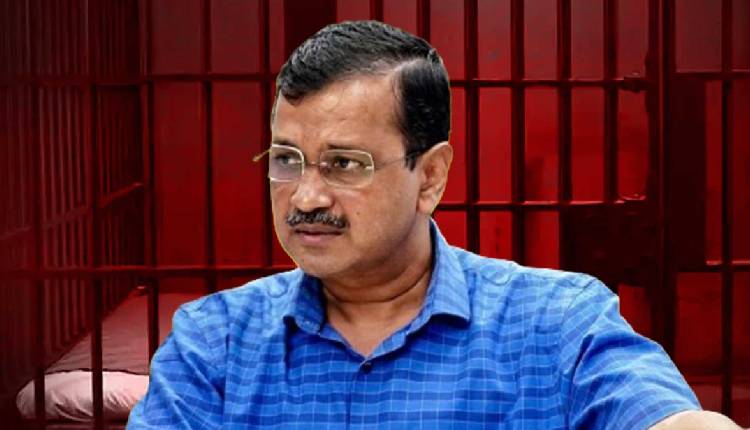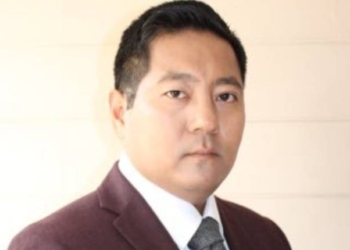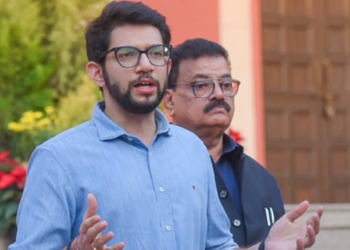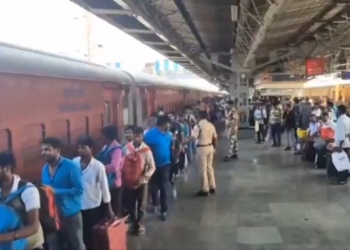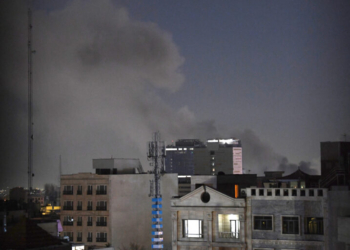New Delhi: A Delhi court on Thursday reserved its order on Chief Minister Arvind Kejriwal’s bail plea and his application to allow his wife Sunita Kejriwal to be present during his medical examination.
While the court had on Wednesday said that it won’t reserve the order, it had also extended CM Kejriwal’s judicial custody in the excise policy case after hearing arguments at length on his regular bail plea. Vacation Judge Niyay Bindu said that she would not reserve her order. “I will not reserve order. Everyone knows it is a high-profile matter. I will pass the order after hearing it,” she had said as she posted the continuation of the hearing on Thursday.
On Wednesday, the court had heard arguments from CM Kejriwal’s counsel, while the Enforcement Directorate (ED) had presented its case but could not complete it.
The judge had deferred the hearing to Thursday, stating: “I have to pass some orders (in other cases) and give ‘dasti’ (service of notice in person) copies.”
The judge had also heard CM Kejriwal’s application to allow his wife Sunita Kejriwal to be present during his medical examination, with the court awaiting a report from Tihar Jail on the matter.
The judge had clarified that the central agency had no role in CM Kejriwal’s request for treatment inside jail.
During the bail arguments, senior advocate Vikram Chaudhary, representing CM Kejriwal, had contended that the case against him relied on statements from individuals who were allegedly promised bail for supporting the ED’s case.
He had questioned the credibility of these witnesses and suggested their statements were made under duress after failing to obtain bail. Chaudhary had also cited the timing of CM Kejriwal’s arrest before the Lok Sabha elections, suggesting it was politically motivated.
He had argued that there was no material evidence or money trail against CM Kejriwal, describing the investigation as “the biggest instrument of oppression”.
Additional Solicitor General S.V. Raju, representing the ED, had argued that CM Kejriwal had not been summoned as an accused but was now facing charges after the special court took cognisance of the money laundering offence.
He had said that the credibility of the statements could only be assessed during the trial, not at the bail stage while adding that inducements given to approvers were lawful and necessary for obtaining evidence.
He had argued that CM Kejriwal was liable not only in his personal capacity but also as the head of the Aam Aadmi Party, alleging he had demanded a bribe of Rs 100 crore.
(IANS)




